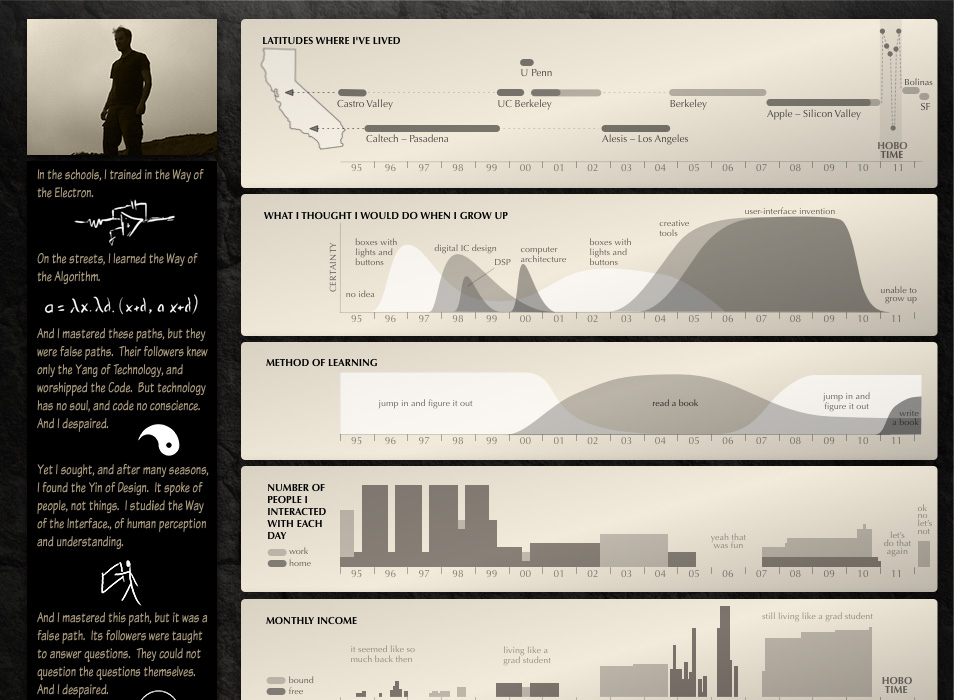A new app Girls Around Me does one thing. It alerts you women who are near you by combining Facebook and Foursquare check-in data and lay them on top of Google Maps. It lets you know their name, photos and you can send them messages according to The Daily Mail. Fortunately folks at Foursquare and Apple took a notice, and pulled the Foursquare API access and took the app down from iTunes.
 |
| Girls Around Me is a socially awkward Google Latitude with Foursquare and Facebook integration |
It's interesting to see how people have been reacting to this socially awkward app. The app is not much different from recent SXSW darling Highlight. Just like Highlight, you get to discover people around you. One difference is that Highlight alerts you of people you might share something in common while Girls Around Me alerts any woman who might be around you. Technically both provide similar functions. But most people will agree that one sounds interesting and the other creepy. Why?
It's because of privacy. Idea of revealing information about where you are to strangers without your knowing is a very unsettling one. It is especially true when subscriber to my information is someone who intends to follow me in real life. Subscriber knows who I am, but I do not. This is uneven playing field sure to create some fear on part of being followed.









